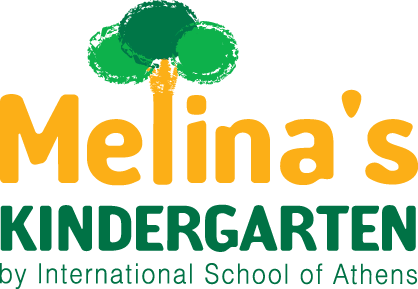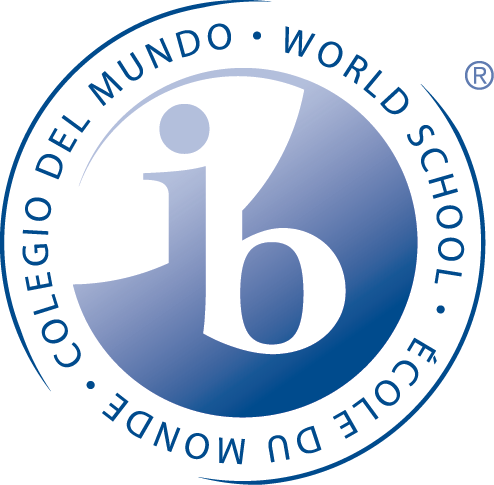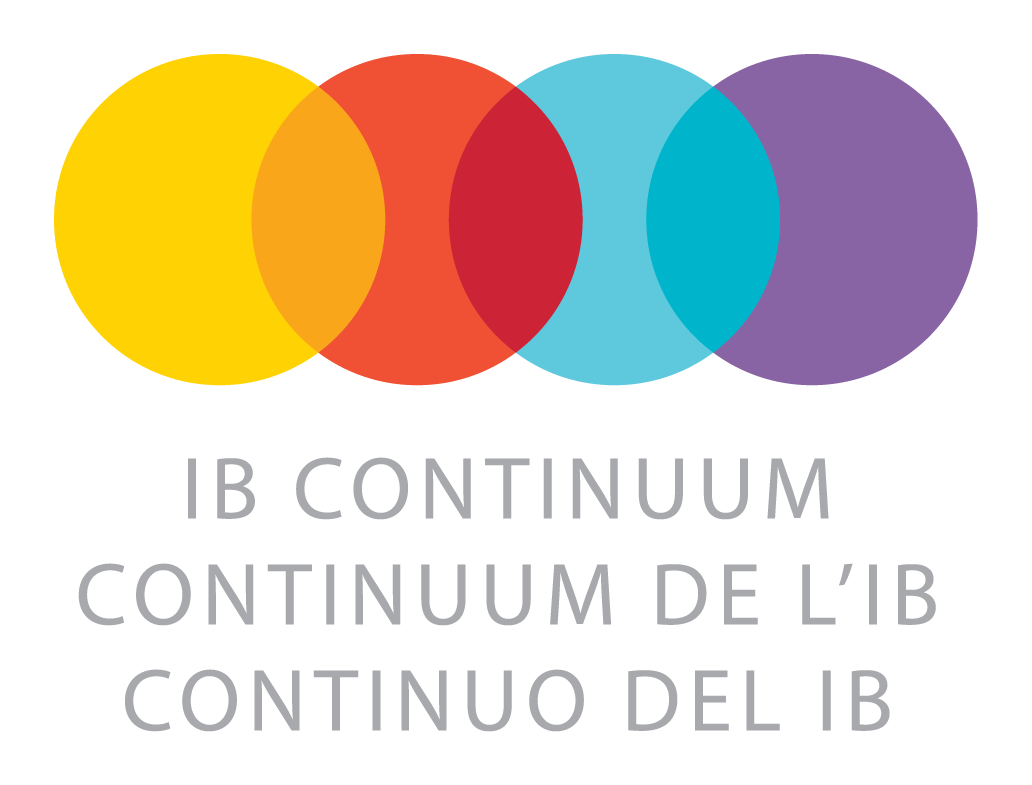Nature of subject
Theatre is a dynamic, collaborative and live art form. It is a practical subject that encourages discovery through experimentation, the taking of risks and the presentation of ideas to others. It results in the development of both theatre and life skills; the building of confidence, creativity and working collaboratively.
The IB Diploma Programme theatre course is a multifaceted theatre-making course of study. It gives students the opportunity to make theatre as creators, designers, directors and performers. It emphasizes the importance of working both individually and collaboratively as part of an ensemble. It offers the opportunity to engage actively in the creative process, transforming ideas into action as inquisitive and productive artists.
Students experience the course from contrasting artistic perspectives. They learn to apply research and theory to inform and to contextualize their work. The theatre course encourages students to appreciate that through the processes of researching, creating, preparing, presenting and critically reflecting on theatre— as participants and audience members—they gain a richer understanding of themselves, their community and the world.
Through the study of theatre, students become aware of their own personal and cultural perspectives, developing an appreciation of the diversity of theatre practices, their processes and their modes of presentation. It enables students to discover and engage with different forms of theatre across time, place and culture and promotes international-mindedness.
Aims
To enable students to:
- enjoy lifelong engagement with the arts
- become informed, reflective and critical practitioners in the arts
- understand the dynamic and changing nature of the arts
- explore and value the diversity of the arts across time, place and cultures
- express ideas with confidence and competence
- develop perceptual and analytical skills.
- explore theatre in a variety of contexts and understand how these contexts inform practice (theatre in context)
- understand and engage in the processes of transforming ideas into action (theatre processes)
- develop and apply theatre production, presentation and performance skills, working both independently and collaboratively (presenting theatre)
For HL only:
- understand and appreciate the relationship between theory and practice (theatre in context, theatre processes, presenting theatre).
Objectives
The student will be able to
- demonstrate knowledge and understanding of specified content
- demonstrate application and analysis of knowledge and understanding
- demonstrate synthesis and evaluation
- select, use and apply a variety of appropriate skills and techniques
ATL Objectives
The Diploma Programme theatre course is student-centred and places student explorations at the heart of a holistic learning experience. Students focus on the techniques and methods of making theatre, and present these discoveries in a variety of ways, through performance, presentations, demonstrations and written expression.
The core belief is that theatre is not separate to the world in which it is created. Each piece of theatre and each theatre practice is created differently and achieves its impact on its artists and its audience differently depending on its context.
Learning about theatre relies on action and the course must be experienced practically. The collaborative process is essential to theatre and students should experience and reflect on the processes of collaboration, its benefits and its challenges. Organization, self-management and independent study skills are important.
Students learn through problem-solving and inquiry. They communicate their learning through action, staging, project planning, workshops, presentations, physical demonstrations, oral, visual and written expression. The course requires higher order thinking skills, such as analysis and synthesis. Students should also learn what is relevant and useful for their own investigations and how to put their knowledge and understanding into practice, transforming ideas into action.
The course encourages students to research, not only using traditional academic methods, but also practically, through the body. The programme embodies many of the approaches to teaching and learning (ATL) skills which empower teachers and students to facilitate meaningful learning experiences.
Curriculum outline
|
THEATRE IN CONTEXT |
THEATRE PROCESSES |
PRESENTING THEATRE |
||
|
HL ONLY |
Creating theatre based on theatre theory |
At HL, students research and examine the various contexts of at least one theatre theorist. |
At HL, students practically explore at least one theatre theorist collaboratively and engage with the process of creating a piece of theatre based on their theory. |
At HL, students create, present and evaluate at least one theatre piece based on an aspect(s) of a theatre theorist’s work they have explored. |
|
SL & HL |
Working with play texts |
Students research and examine the various contexts of at least one published play text and reflect on live theatre moments they have experienced as spectators. |
Students take part in the practical exploration of at least two contrasting published play texts and engage with the process of transforming a play text into action. |
Students direct at least one scene or section from one published play text which is presented to others. |
|
SL & HL |
Examining world theatre traditions |
Students research and examine the various contexts of at least one world theatre tradition. |
Students practically examine the performance conventions of at least one world theatre tradition and apply this to the staging of a moment of theatre. |
Students present a moment of theatre to others which demonstrates the performance convention(s) of at least one world theatre tradition. |
|
SL & HL |
Collaboratively creating original theatre |
Students reflect on their own personal approaches, interests and skills in theatre. They research and examine at least one starting point and the approaches employed by one appropriate professional theatre company, and consider how this might influence their own personal approaches. |
Students respond to at least one starting point and engage with the process of transforming it collaboratively into an original piece of theatre. |
Students participate in at least one production of a collaboratively created piece of original theatre, created from a starting point, which is presented to others. |
Students keep a theatre journal throughout the two-year theatre course which charts their development and their experiences of theatre as a creator, designer, director, performer and spectator.
Assessment
|
External assessment tasks |
SL |
HL |
|
Task 1: Solo theatre piece (HL only) Students at HL research a theatre theorist they have not previously studied, identify an aspect(s) of their theory and create and present a solo theatre piece (4–8 minutes) based on this aspect(s) of theory. |
N/A |
35% |
|
Task 2: Director’s notebook (SL and HL) Students at SL and HL choose a published play text they have not previously studied and develop ideas regarding how it could be staged for an audience. |
35% |
20% |
|
Task 3: Research presentation (SL and HL) Students at SL and HL plan and deliver an individual presentation (15 minutes maximum) to their peers in which they outline and physically demonstrate their research into a convention of a theatre tradition they have not previously studied. |
30% |
20% |
|
Internal assessment task |
SL |
HL |
|
Task 4: Collaborative project (SL and HL) Students at SL and HL collaboratively create and present an original piece of theatre (lasting 13–15 minutes) for and to a specified target audience, created from a starting point of their choice. |
35% |
25% |
Academic Honesty
Referencing sources: If a student uses any content from any source, including the internet, these must be acknowledged consistently following the protocol of the referencing style chosen by the school, in a style that clearly identifies the section of the work that is being attributed and its origin. When the student is aware that another person’s work or ideas have influenced their own but it has not been referred to directly in their work, the source must be included as a bibliography reference within the student’s research. This is particularly relevant to the arts where the creative process will be the result of many stimuli, influences and sources of inspiration.
Formal requirements: The assessment tasks in the arts are completed as coursework, and as such have strict conditions under which student work must be completed, presented and, in the case of internally assessed work, assessed.
Submitting exhibition work: Any work selected for final assessment in the visual arts course must have been made or constructed by the student. You are required to include exhibition text for each selected piece (the title, medium, size and intention of each piece).






